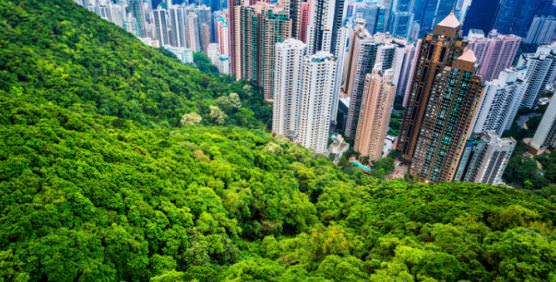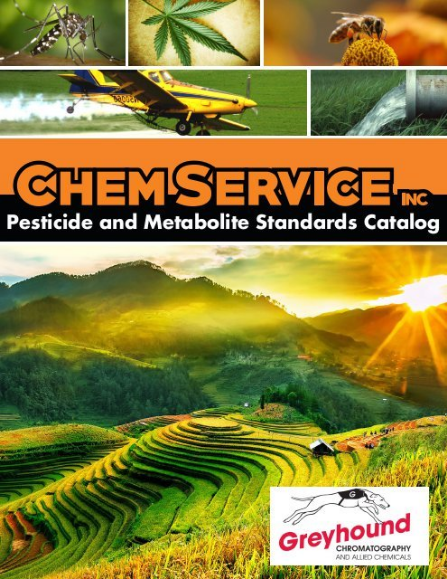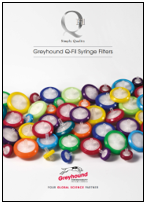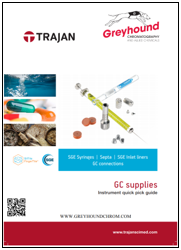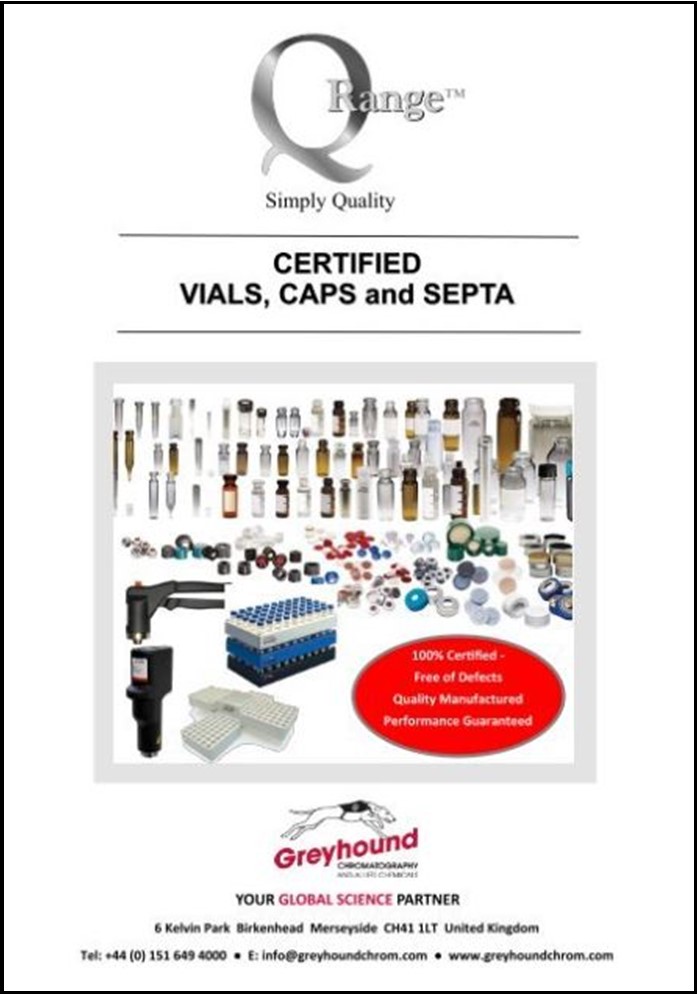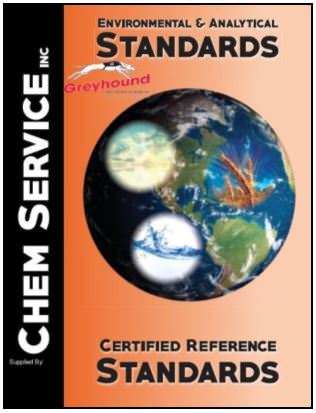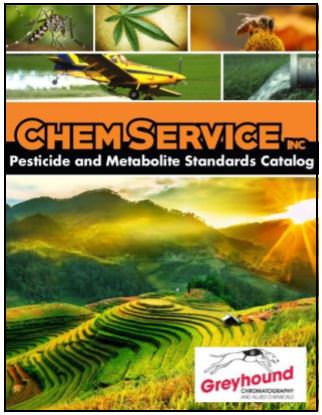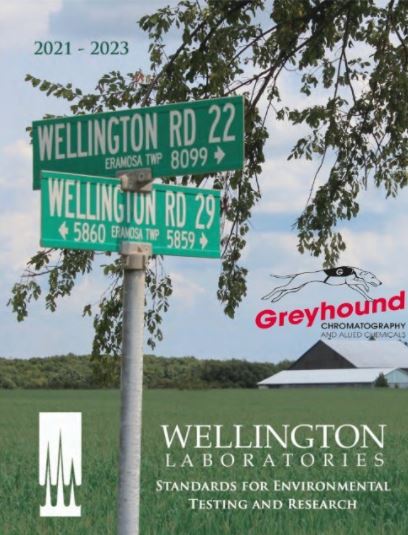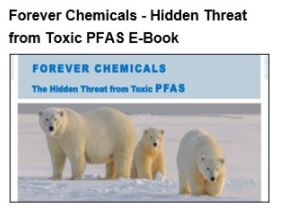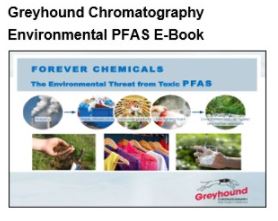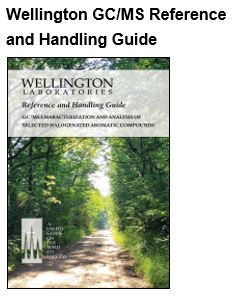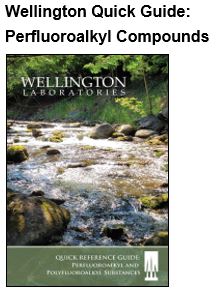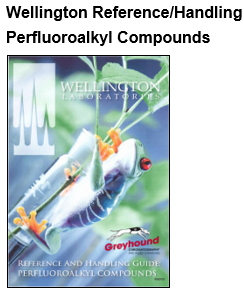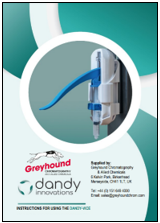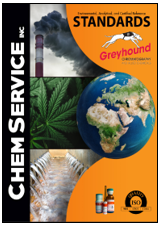Urbanization study helps track impact of lawn care on our environment
There are few luxuries that homeowners take pride in as much as their lawns. These gardening projects have been part of the quintessential American home picture since suburban communities first sprang up. These days, well-manicured lawns have become more ubiquitous thanks to urbanization across different landscapes and climates.
The popularity of lawns has raised concerns among environmental scientists. They require lots of water, which puts high pressure on the supplies of drought-stricken regions, and contributes to runoff pollution. Between pesticides and nutrient-rich fertilizers, lawn care may significantly contaminate watersheds.
To find out more, a multi-institutional team of scientists studied the lawn care practices of residents from six cities across the U.S., as published in the Proceedings of the National Academy of Sciences.
Algae blooms are a danger
One reason why lawn care was of interest to the study's authors was the potential for fertilizers to enter local watersheds through polluted runoff. Many of these fertilizers contain large amounts of phosphorus and nitrogen, both of which contribute to algae blooms. This is problematic because abnormal algae growth in lakes, rivers and oceans gradually depletes the oxygen supply of the water. This kills off fish and other forms of life, creating what are known as "dead zones." This oxygen-poor water poses a major threat to the local ecosystem. Furthermore, algae can contaminate drinking water supplies with harmful toxins.
Eleven institutions led by Clark University surveyed about 9,500 households in Los Angeles, Phoenix, Minneapolis-St. Paul, Miami, Baltimore and Boston to learn more about lawn care practices in the U.S., including fertilizer use. The researchers asked questions pertaining to fertilizers and irrigation, and accounted for differences in climate and socioeconomic factors.
Results showed that 79% of respondents watered their lawns, and 64% used fertilizer.
"These numbers are important when we bear in mind that lawns cover more land in the United States than any other irrigated crop," study co-author Peter Groffman, a scientist at the Cary Institute of Ecosystem Studies, said in a statement. "What we do in our suburban and urban yards has a big impact, for better or worse, on the environment."
Other results showed that fertilizer use was similar in Boston and Miami, which both have different climates. Data from Los Angeles and Phoenix, which were the driest cities, revealed there was a positive correlation between irrigation and affluence.
Individual actions make a difference
Ultimately, the study authors asserted that studies like this are important because they provide information on the sustainability of urbanization.
"The management of urban and suburban areas has a direct impact on water resources, carbon storage, and the fate of pollutants, like nitrogen and phosphorus," Groffman said in a statement. "Yards are also where our environmental knowledge, values, and behavior are likely generated. The good news is that individual actions, on a yard-to-yard-basis, can make a difference."
According to the U.S. Environmental Protection Agency, there are several ways to fertilize lawns without flooding the runoff with harmful chemical compounds. For example, consumers can buy slow-release products, as well as fertilizers that mainly use natural organic compounds. To help prevent runoff, these products should be applied away from sidewalks and driveways, where they can wash off. The federal agency also suggests that clippings be left on the lawn after mowing. This allows the old plant material to act as a natural fertilizer.
In an effort to conserve water, people who are about to start growing their lawns should mix compost into the soil to help it retain water. It may be ideal to plant seeds for grass that is drought-tolerant.
Chem Service has over 2,000 Pesticide and Metabolite Reference Standards.
CONTACT US
Tel: +44 (0) 151 649 4000
Email: marketing@greyhoundchrom.com
FOLLOW US
YOU MAY ALSO BE INTERESTED IN OUR NEWSLETTER
About the Author
Susan Massie, Sales & Marketing Director, Greyhound Chromatography and Allied Chemicals Email: sue@greyhoundchrom.com
Susan Massie is the Sales & Marketing Director for Greyhound Chromatography and Allied Chemicals, affectionately known as 'Greyhound' in our scientific community. Greyhound was founded by Susan's husband Paul Massie more than 40 years ago, Susan hasn't been in the business for all of that time but has been involved with Greyhound for over 17 years. Greyhound continues to grow, expanding into new markets and taking on the challenges of our ever changing environment. It's heartwarming to witness the world waking up to the fact that we are damaging our planet on a daily basis. Every action we take has a direct effect on our planet and the world we leave behind for future generations. Susan is passionate about climate change and is happy to work in an industry that can have a direct effect on reducing the impact of our actions on the environment. All of the team at Greyhound take our responsibilities very seriously, the products that we supply are used by the world's leading scientists and chemists as they endeavour to monitor and repair the environment. All is not lost, if we all take responsibility for our actions, from reducing our waste and reusing or recycling our material collateral we can make a difference. The internet is full of useful advice and guidance, Susan is proud to contribute to that wealth of knowledge whenever she can.
Greyhound prides itself on personal service which provides prompt, efficient, cost-effective, safe delivery of all products. Greyhound provides technical advice and distribution of Certified Reference Standards and Materials, Laboratory Consumables, Solvents and Reagents across all scientific disciplines. Greyhound Chromatography offers over 1 Million products from its UK warehouse. The team at Greyhound are proud to support the work of the world's leading scientists and chemists as they challenge the abuse of our planet and try to make a difference to the world we leave behind for our ancestors.
You can view Susan's Linked In Profile here https://www.linkedin.com/in/susan-massie-79ab4121/

